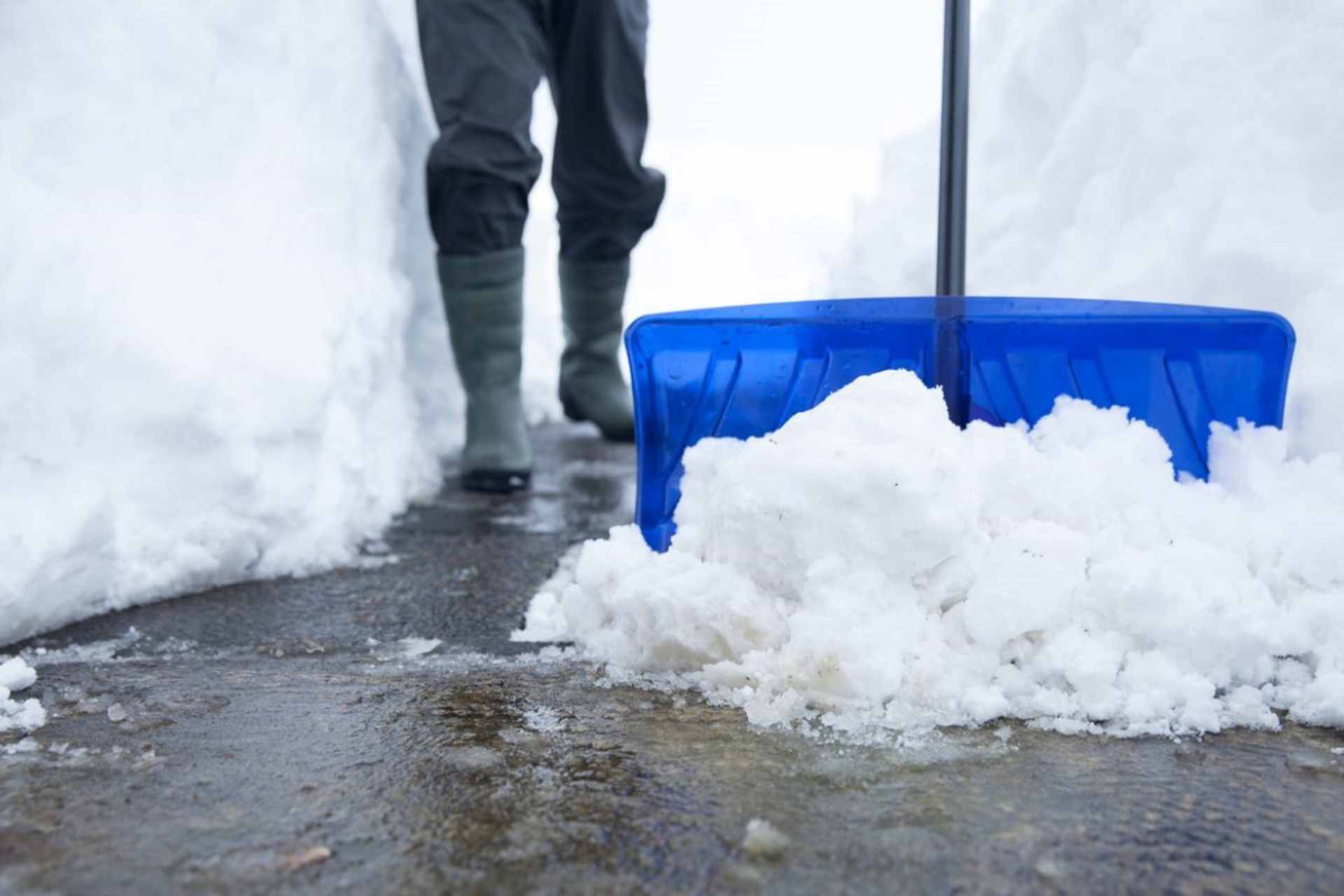CHARLESTON, W.Va. – Sherri A. Young, D.O., MBA, FAAFP, Cabinet Secretary for the West Virginia Department of Health (DH) reminds residents of important safety precautions amid severe weather.
“In addition to the strenuous work of clearing snow, it’s important to remember that cold temperatures make the heart work harder to keep the body warm,” said Sec. Young. “When performing fatiguing work, those with high blood pressure or a medical history of heart disease are at an increased risk of a heart attack.”
According to the Centers for Disease Control and Prevention (CDC), signs of a heart attack may include:
- Chest discomfort in the center or left side of the chest that lasts for more than a few minutes or that goes away and comes back. The discomfort can feel like uncomfortable pressure, squeezing, fullness or pain.
- Discomfort in arms, neck, jaw, or stomach may also signal a heart attack.
- Additional symptoms include shortness of breath, breaking out in a cold sweat, nausea, or light-headedness. Call 911 immediately if someone is suspected of having a heart attack.
In extremely cold temperatures, it is also important to recognize the signs of hypothermia caused by prolonged exposure to cold temperatures. Symptoms may include shivering, exhaustion, slurred speech, and drowsiness.
“If you notice any of the above signs, take the person’s temperature. If it’s below 95 degrees, it is imperative to get medical attention quickly,” cautioned Sec. Young.
For those who cannot get medical help right away, the following methods are recommended by the CDC to warm the person up:
- Get the person into a warm room or shelter.
- Remove any wet clothing the person is wearing.
- Warm the center of the person’s body—chest, neck, head, and groin—using an electric blanket, if available. You can also use skin-to-skin contact under loose, dry layers of blankets, clothing, towels, or sheets.
- Warm drinks can help increase body temperature, but do not give alcoholic drinks. Do not try to give beverages to an unconscious person.
- After body temperature has increased, keep the person dry and wrap their body, including their head and neck, in a warm blanket.
For more resources on ways to stay safe during severe weather, visit
http://emergency.cdc.gov/disasters/winter/index.asp.
Visit the agency’s new Facebook page for all of the latest DH updates.

















